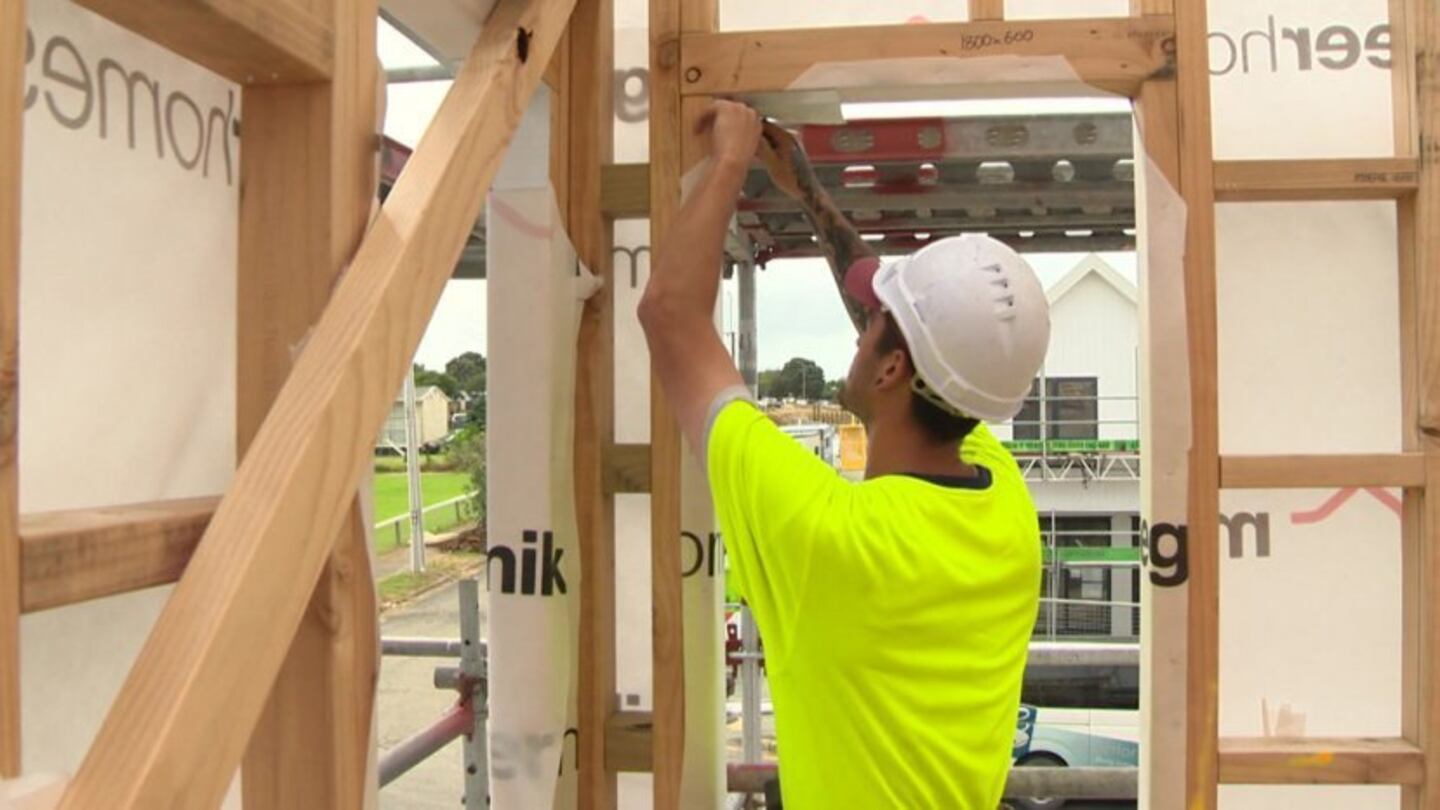Te Puni Kōkiri, the Māori Development Ministry, says there’s been an uptick in the number of apprentice cadetships being undertaken across the motu.
Since July, more than 610 cadets have taken up roles in 35 programmes spanning IT, roading, agriculture and horticulture.
Māori Development Minister Willie Jackson says the numbers are a 20 per cent jump from 2021.
“The success comes down to treating our young people with mana so they can achieve their highest potential for themselves and their whānau,” Jackson says.
“We know that Māori have a wealth of potential across Aotearoa that often just needs an opportunity to grow,”
Some 1,300 cadets are expected to go through the programme this year, adding to the more than 5,000 cadets and 400 employers who have participated in the programme since its launch.
Many Māori employers
About a third of cadets are under 25 and about half are wāhine.
The government invested an additional $25 million in the cadet programme over the next four years, at this year’s budget.
“This builds on our manifesto commitment to provide free access to all apprenticeships and to many trade training courses,” Jackson says.
The Māori economy has increased from roughly $16 billion to $70 billion over the past 20 years, and with a growth rate of 5 per cent per year is anticipated to reach $100 billion in assets by 2030.
More than three-quarters of employers within the programme are either fully or partly Māori owned according to Te Puni Kōkiri, though all employers are invited to participate.
“Businesses across a range of industries support the programme, including employers who support whānau to learn about horticulture and agriculture with a Te Ao Māori lens; including a Māori-owned financial technology company, a traffic management company, and an organisation that supports Māori into technology careers,” Jackson said.
Government priority
“We want to see Māori and the wider economy continue to grow. Supporting more Māori into employment, education and training in a post Covid-19 recovery period is a priority of this government as a Te Tiriti partner.”
The government’s broader apprenticeship boost programme has seen Māori make up 19 per cent of its 50,000 strong intake.
Together, the programmes enhance whānau wellbeing, while providing advantages to the company and the employee.
“When whānau thrive, so do their communities and Aotearoa New Zealand,” Jackson said.


